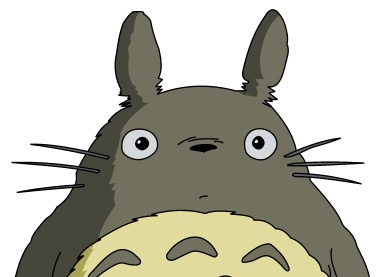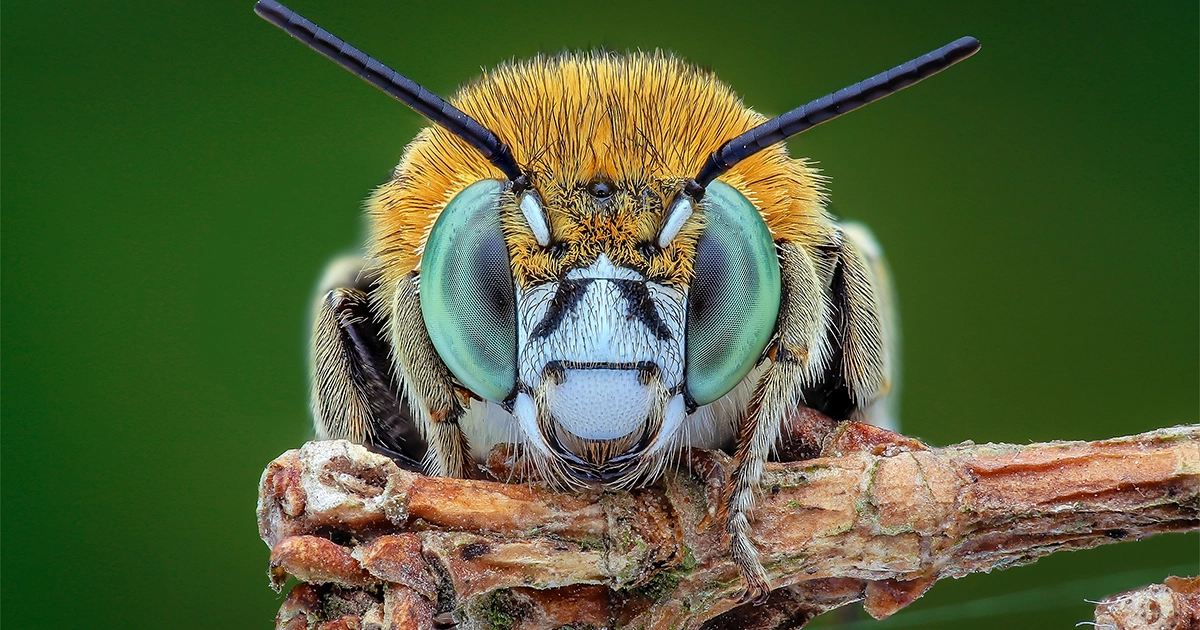- cross-posted to:
- [email protected]
- becomeme
- cross-posted to:
- [email protected]
- becomeme
An interesting read. “A group of prominent biologists and philosophers announced a new consensus: There’s “a realistic possibility” that insects, octopuses, crustaceans, fish and other overlooked animals experience consciousness.” https://www.quantamagazine.org/insects-and-other-animals-have-consciousness-experts-declare-20240419/



The fundamental mechanism is still unknown, however we do know some important details about consciousness:
We know this due to a number of phenomena:
Together these and other observations suggest that consciousness is an emergent phenomena (not present in simple organ structures alone) and occurs along a scale, likely proportional to brain size. And just as your daily state can change (between sleep and wakefulness at minimum) it seems a reasonable hypothesis that other creatures experience something similar, though perhaps with a lower maximum awareness in their most alert state.
Also we are familiar with informational structures - thinking machines - with a greater intelligence than their single biological components. For example, an ant hive. Each individual ant is a simple creature, programmed with instructions that allow a hive of ants to manage armies, roads, farms, nurseries, exploration, hunts, and war. Likewise, humans are able to come together and form communities, nations, corporations, and religions. Compound intelligences with a vast, inhuman intelligence.
I believe that if knowledge and awareness create consciousness, then human organisations must be conscious beings.